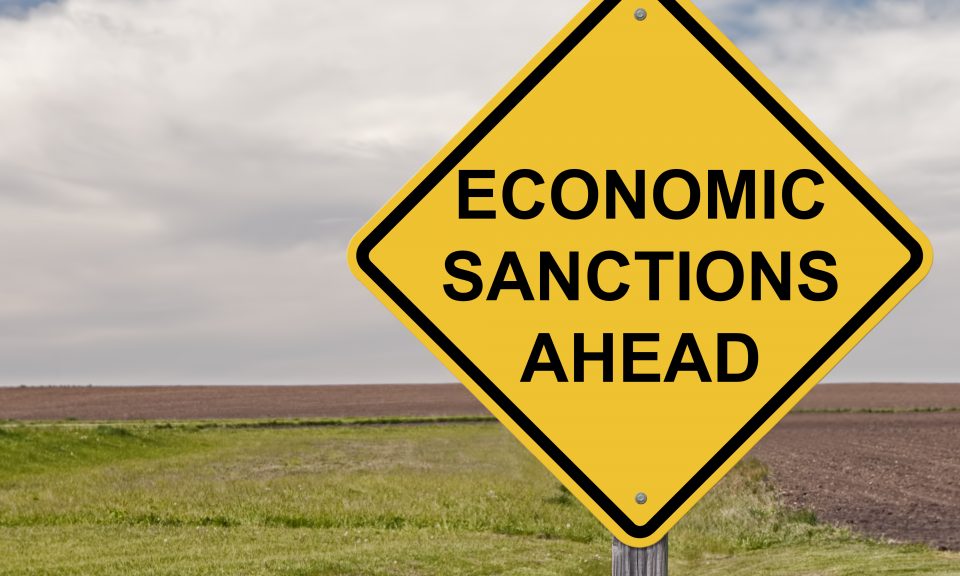
Understanding and Implementing Sanctions Successfully.
You may have heard of the word sanctions a lot in the recent times. What are Sanctions? Sanctions are penalties imposed by a country or a recognised regulatory body against certain individuals, organisations or territories. They are enacted to improve relationships between the countries involved, promote a better economic and trading system and ensure that there are no financial crime risks. Now although this seems pretty straightforward and simple, but compliance with sanctions is a lot more complicated. How can they be enforced and implemented successfully?
Sanctions should be tailored to specific circumstances
Sanctions should be specific to situations and not a one-fit-for-all regime. There should be a targeted approach taken towards focussing on the issue rather than taking a wider approach in implementing them. If you impose a certain sanction without any further assessment, it would not be effective long term due to the changes that keep taking place and lack of regular follow-up evaluation. The whole point of imposing them is nullified. This can be done by regularly evaluating, updating or removing them according to the regulatory changes and focus on the specificity of the situations that take place.
Encourage Compliance with Benefits
Encouraging compliance with benefits is one of the best ways to ensure that they are implemented successfully. If you take the example of the sanctions imposed on Iran for their Nuclear program, the fact that they complied and were willing to sign the Joint Comprehensive Plan of Action as an agreement resulted in the intensity of the sanctions being eased at the time of the deal. The issuing regulatory body should do this to demonstrate the positive aspect of compliance with sanctions for it to have best effect.
Support from Bordering Countries
If sanctions are implemented successfully, they can prove to be a great way to enforce change in global economics and trade. Sanctions are a lot more effective when they are accepted by jurisdictions and states that are in the outskirts of the sanctioned country. If a sanction is introduced and incorporated in a country’s legislation and the neighbouring countries do not support or respect it, that invalidates the impact of the sanction in itself.
The enactment of sanctions should be focussing on the issue in hand rather than following a broad approach that would result in ineffectiveness. They need to be supported by the global regulatory issuing bodies, neighbouring jurisdictions and regularly evaluated from time to time to avoid potency of the imposed sanction. I hope this post helped you understand sanctions a little better. In my next post I want to throw some light on how businesses could comply with sanctions successfully.
Until then, Stay safe!
Please note that all opinions made on this blog should be treated as a guide and not legal advice.





